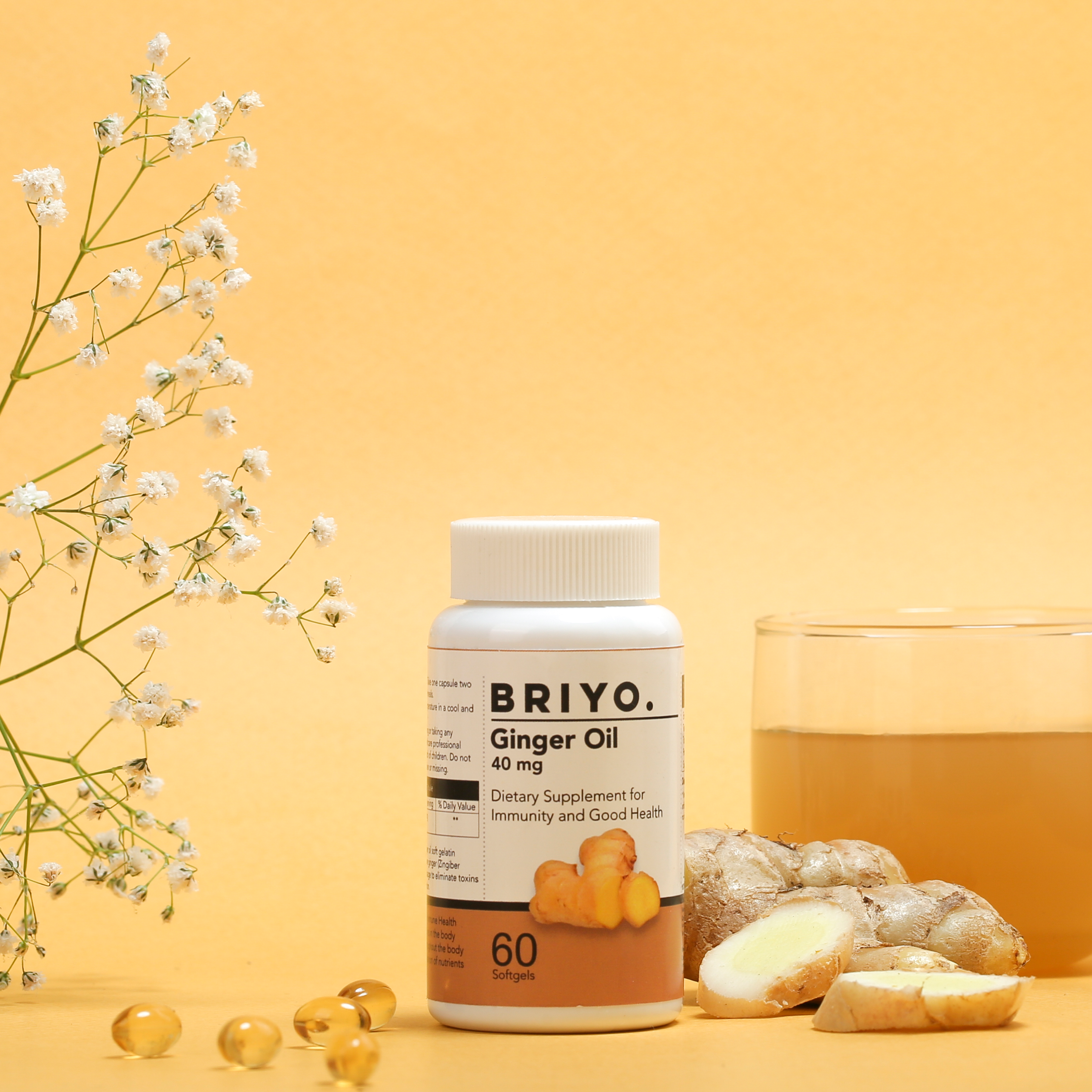Vitamin D (also referred to as “calciferol”) is a fat-soluble vitamin produced endogenously when ultraviolet (UV) rays from sunlight strike the skin and trigger vitamin D synthesis. Vitamin D is of prime importance as it affects one’s health as a whole. It plays a number of roles throughout the body. Its primary functions involve calcium absorption and bone mineralization. It is naturally present in a few foods, added to others, and available as a dietary supplement.
Vitamin D insufficiency affects almost 50% of the population worldwide, across all age groups. This is mainly because, unlike the other nutrients, food is not the key source of this vitamin. Instead, vitamin D is synthesized by our skin when exposed to sunlight. But due to the significant amount of changes in our lifestyle, exposure to sunlight is not enough for our skin receptors to produce enough vitamin D from cholesterol. A deficiency in vitamin D leads to a variety of different health problems but mainly issues relating to bone health and poor immune function. Other symptoms include increased inflammation, low mood, fatigue, poor sleep, slow wound healing and excessive sweating.
This immunity supporting vitamin has gained much importance after the onset of this pandemic. A study published in August 2021 stated that 81% of patients in ICU suffering from severe Covid-19 symptoms had a vitamin D deficiency. Another study from November 2020 compared the asymptomatic Covid-19 patients to severely ill patients requiring ICU admission, from which 33% and 97% respectively were vitamin D deficient.
-
The latest RDA limit set for vitamin D is 400 IU. Many experts suggest that taking a higher dose is beneficial as well.
-
The set upper limit of vitamin D is 4000 IU.
-
Approximately 10 minutes of the midday sun are ideal on most days. However, the weather, skin tone, sunblock, age and latitude affect the UVB rays absorption.
-
Food is a poor source of this vitamin. Most people only manage to get 5-10% of their vitamin D needs from food.
-
Foods that contain great amounts of vitamin D include cod liver oil and fatty fish like salmon.
-
Not so great sources of vitamin D are cheese, yoghurt, fortified milk and eggs.
-
To support your immunity and health, one must use a combination of sunshine, food and supplements.
-
For most people, supplements will be required to maintain an adequate level of vitamin D.
-
Since vitamin D is a fat-soluble vitamin, it will be absorbed best when it is consumed with food containing at least some fat.
-
Supplements that contain vitamin D3 (cholecalciferol) are better absorbed than supplements that contain vitamin D2 (ergocalciferol).
-
Vitamin D sufficiency prevents rickets in children and osteomalacia in adults. Together with calcium, vitamin D also helps protect older adults from osteoporosis.







